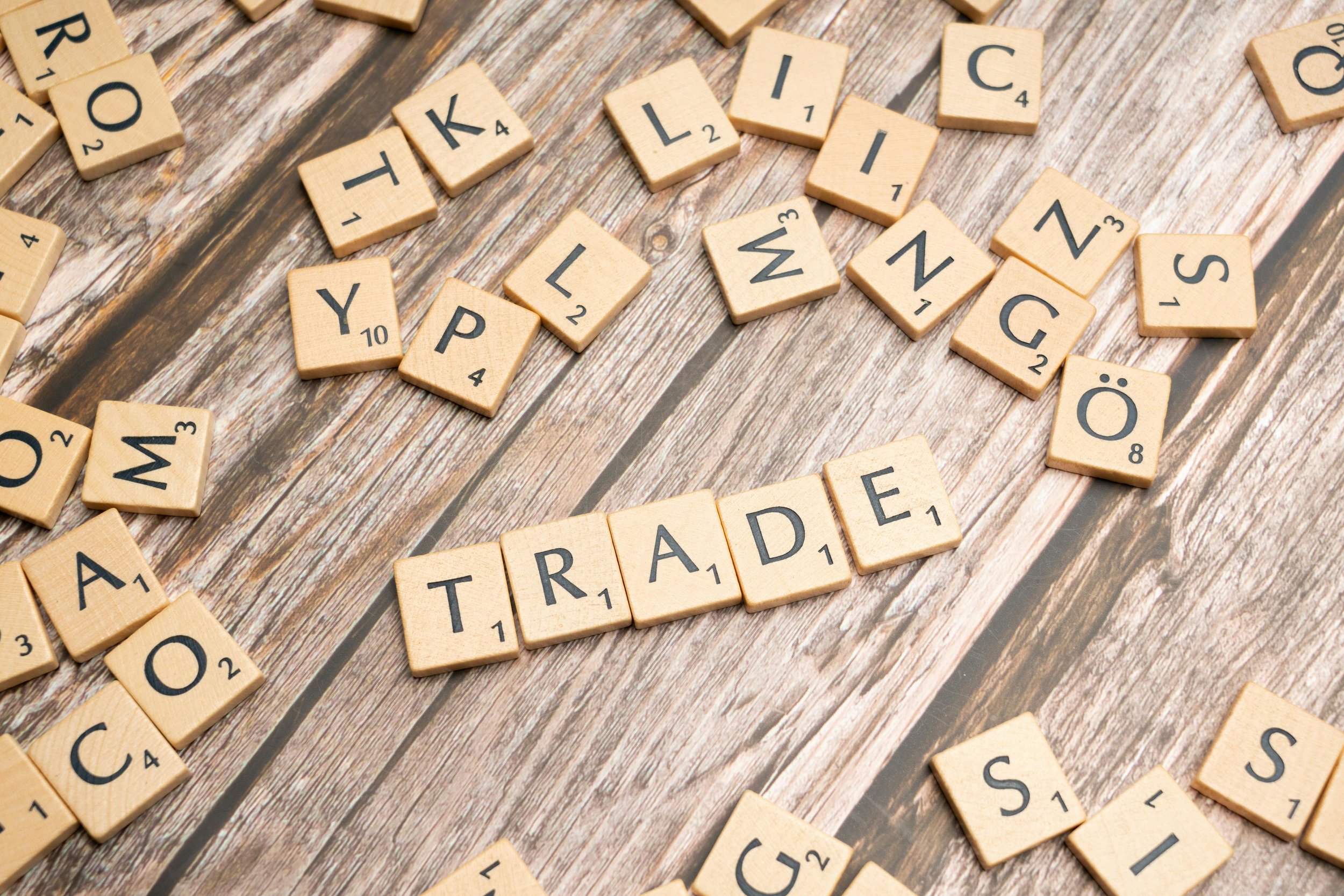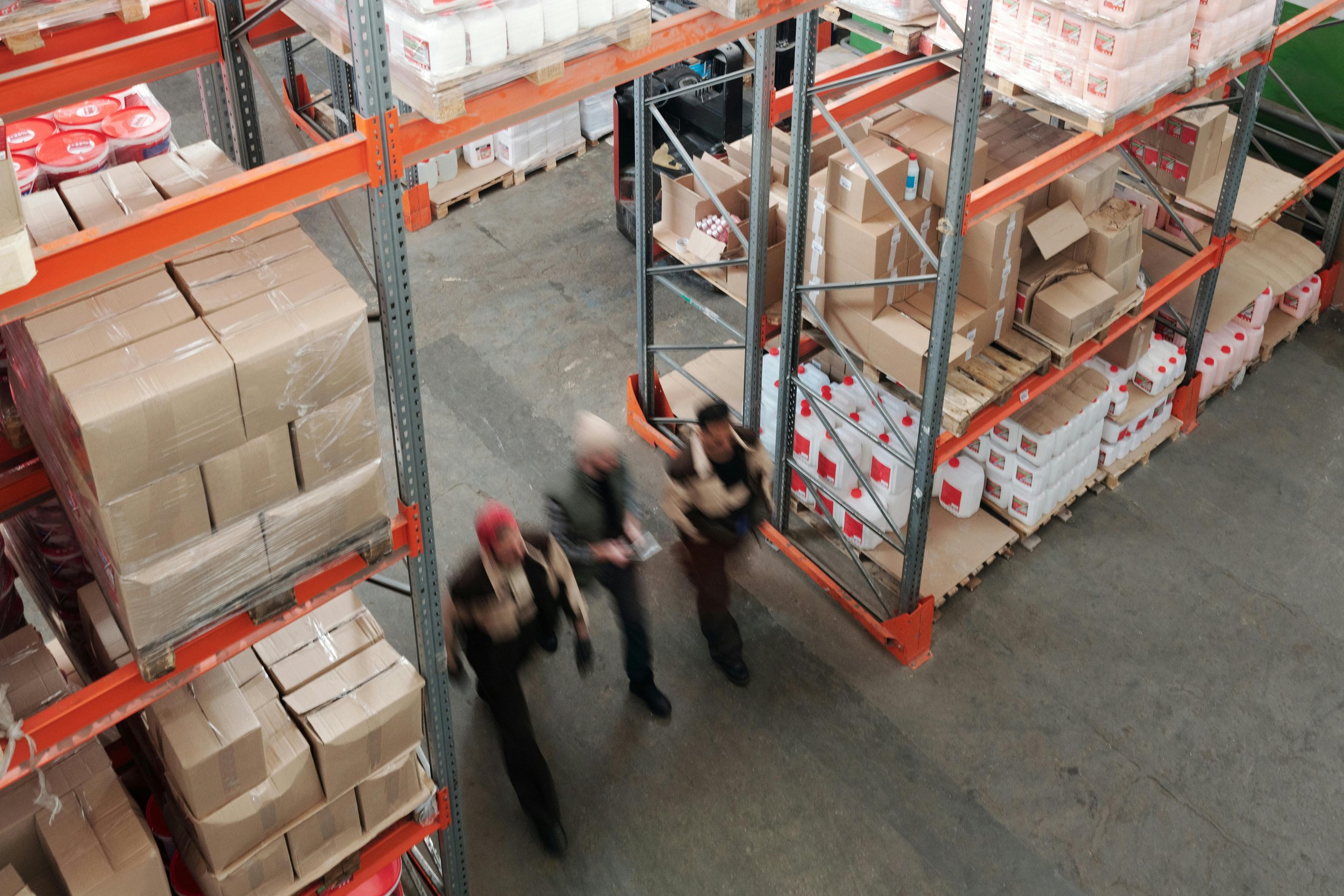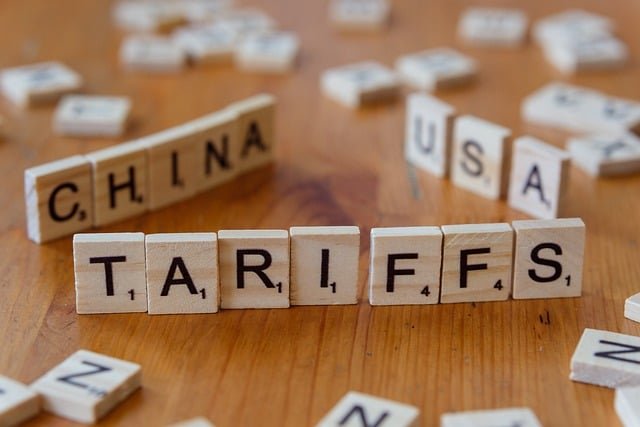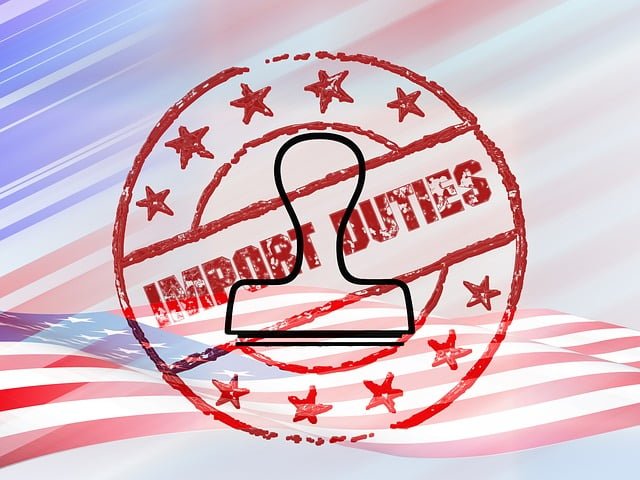As new appliances become more expensive, more homeowners are turning to repairs—but that’s not without its own challenges.
In the last two weeks, we’ve looked at how tariffs are driving up prices for purchasing appliances, and how tariffs will affect the supply chain to get them built. This week we’re looking at how tariffs are also going to affect repairing your appliances. This matters for all of us, as when the prices go up for new appliances, more people focus on fixing what they have. That increased demand puts even more pressure on the supply chain—one that’s already strained by the need to build new appliances With higher demand, the already strained repair economy will be placed under even more pressure.
So what should you be watching for—and what can you do now to stay ahead of the curve?
Why Tariffs Affect Appliance Repairs
Many of us tend to think of tariffs as something that only affects the price of new appliances—just a matter of taxing anything coming into the United States from overseas. But the reality is more complicated, especially when it comes to appliance repairs. Tariffs don’t just apply to finished products in stores; they also apply to the raw materials and individual parts that make those products work in the first place. And that’s where the ripple effects really begin to show. Global supply chains are deeply interconnected. When tariffs are introduced or raised, those chains get disrupted—both outside the country and within our own borders. As access to essential components tightens, manufacturers and repair professionals alike are forced to find new ways to source the materials they need. That means everything from motors and steel housings to electronic circuit boards. Even companies that assemble appliances here in the U.S. still rely heavily on internationally made parts. So when tariffs hit, they don’t just impact global trade—they drive up the cost of doing business at every level. The result? Delays. Higher prices. And fewer options for the people trying to keep their appliances running smoothly. That’s why tariffs don’t just hit manufacturers—they hit everyone who depends on reliable repairs, too.
What Homeowners Should Expect
What does that mean for you the homeowner though? The short and simple of it is that repair costs are likely to become more expensive over time. We’re not just looking at an impact of the next few months. This is something that will be affecting prices for at least the next two years, if the last round of tariffs are anything to go by.
The more companies are charged to just get parts in, the more they have to charge to be able to make the cost back. We also have to look at possible delays as we wait for parts to be made or sourced from different companies in different countries. This then makes things take longer to get here, and reduces the likelihood of having parts on hand at all times.
Special Challenges for DIY Repairs and Independent Shops
Now, this isn’t a problem for just big brand companies. This also affects people who want to do their own repairs. It’s also an issue for professional repair services. So, this is a situation where it bites everyone from the biggest fish to the smallest. As there become shortages of specialized parts, older appliances will get harder to repair, and also potentially less cost-effective.
Long-Term Effects on Appliance Ownership
As the tariffs continue to fluctuate in the coming months and years we expect home owners to choose repairing over purchasing, if only for the savings that will bring compared to purchasing brand new. We’re also expecting that aftermarket parts will become more common solutions among DIY repairs, as those may be easier to obtain when compared to original parts.
Finally, an unexpected one, for us at least, is that some are predicting the rise in costs for recycling and the disposal of old appliances due to metal tariffs. We’re not sure about this one though and are waiting to see how things will shake out.
How to Get Ahead
As always, our biggest concern is YOU our clients in the Dallas-Frisco area. We want to make sure that you are able to take care of your homes and appliances. So, how can you get ahead? Our tips are as follows:
Schedule maintenance now if your appliances are showing signs of trouble.
Use reputable repair services that can help source parts efficiently.
Consider warranties: some manufacturers are maintaining parts warranties even if prices rise.
The tariff situation is evolving and changing week by week, but those of us with an eye to the future can protect our wallets by acting now. If you need repairs, we suggest working with a team you trust, that can help you to avoid surprise costs and keep your home running smoothly even in uncertainty.
If you’re reading this and ready to reach out to us for an appointment, you can sign up for one via our website or by giving us a call. We’ll work with you to get your home running smoothly again. Whether it’s your washer not draining right or your oven refusing to heat up, we’re here for you.
Website
Call: (214) 599-0055





